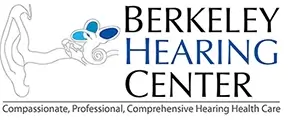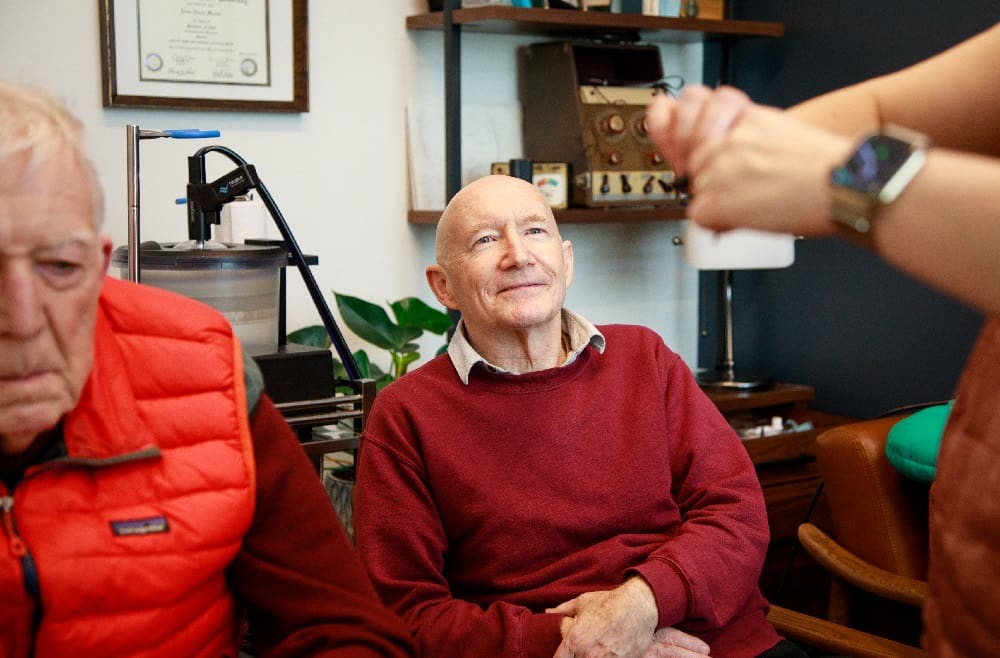2018-12-02
Jonathan Lipschutz Audiologist, M.S., F-AAA, Co-Owner
This past June, I turned 50! Though I know I will always be young at heart, embarrassing my wife and daughter for many years to come with my cheesy jokes & puns, that's 50 years of wear and tear. 36 years, and counting, of concerts-I've been blessed! Though still going strong, knock on wood, I'm more than likely closer to the grave than I am to the cradle. That's okay, it's life. But while I'm here, I want to continue to take full advantage of that blessing I've been given and earned. In order to do that, I have to take care of myself so that I can continue to work and provide for my family.
Fortunately, all of the concerts I have had the privilege to enjoy have not impaired my hearing-yet! Don't get me wrong, I know I have damaged my inner ear. Before I became an audiologist and began wearing custom musician's earplugs to enjoy the music while protecting my hearing, I attended scores of concerts. Before too long, I know I will need amplification (hearing aids) in order to continue leading a happy and productive life, allowing me to continue working to improve the lives of my patients.
And I won't be alone. Though hearing loss is generally thought of as a problem for “old people”, the majority of people with hearing loss are under the age of 65! Approximately 15% of Americans aged 41-59 have a hearing problem. These are an individual's prime earning years. Untreated hearing loss can have a big impact on a person's productivity and earning potential. A 2009 national study indicated people with untreated hearing loss lost up to $30,000 in income annually, depending on their degree of hearing loss. Now, and especially here in the Bay Area, that number is surely significantly much higher.
The cost to our national economy is estimated to be well over $150 billion! We literally can't afford to let hearing loss impact our potential productivity.
Thankfully, there is truly amazing & discreet technology available to help those with hearing loss lead full and productive lives. If you or someone you know has untreated hearing loss, encourage them to seek treatment. Though properly fit hearing aids are expensive (improperly fit ones too!), the overall economic impact is likely to be a net positive due to improved earning potential! Not to mention the improvement in quality of life. And you can't put a price on that!
https://berkeleyhearing.com/wp-content/uploads/2022/12/If-youre-experiencing-hearing-loss-dont-wait.-Contact-us-today.jpg
Jonathan Lipschutz Audiologist, M.S., F-AAA, Co-Owner






